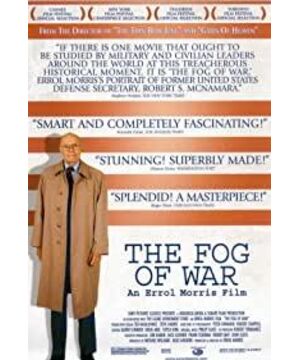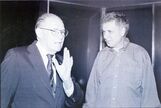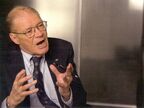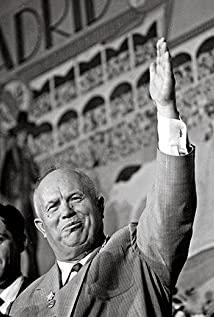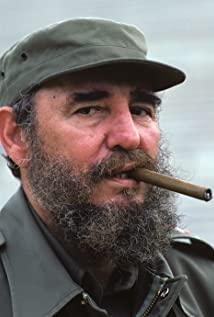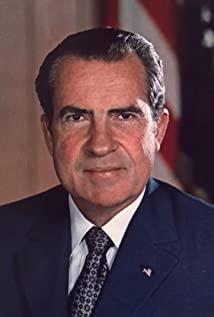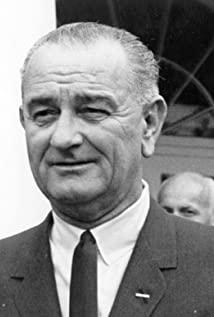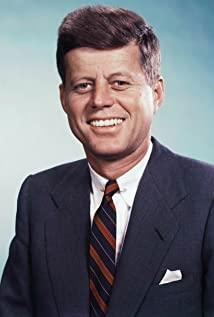In fact, it is a set of interview films, and the object is Melanama. He served in the U.S. Air Force during World War II and participated in the bombing of Japan; served as Secretary of Defense during the Cuban Missile Crisis; and more importantly, as Secretary of Defense at the time, he was credited with getting the U.S. in the mud in Vietnam. people. He recounted his experiences during these events, drawing eleven lessons.
As a participant in an important war in modern times, Mai's dictation is very precious. He clearly described several important decision moments. His summary of the Cuban missile crisis is: Empathy (understanding) the enemy; reason cannot save the planet. He found that whether it was his President Kennedy, his opponent Khrushchev or Castro, they were actually incredibly rational. The problem is the confusion of intelligence, the lack of understanding of the adversary, makes the situation increasingly chaotic. As for the escalation of the Vietnam War, he took aim at chaotic naval intelligence and the president's hasty, stubborn decisions.
In describing the process, he mentioned several times the morality of war. His report influenced the tactics of U.S. airstrikes against Japan, resulting in the death of 100,000 civilians in Tokyo on at least one occasion; the notorious chemical Agent Orange was used during his tenure as defense secretary. He asked: Are the casualties more important or the victory of the war? He found that as a combatant, if he was defeated, no matter how good his intentions, he would become a war criminal; but he could not ignore these losses. And in the end, the life of Nagasaki and Hiroshima is more important, or the casualties that may appear in the Japanese landing battle are more important? He doesn't seem to have an answer, but one of his lessons from wars is that when you do something good, you have to do something bad.
This movie deserves to win Fahrenheit 9/11. It's wise and sophisticated way of exposition, although the audience will be suspicious of Mai's comments on his own words, but it still does not lose the style of people discussing the current affairs at that time.
View more about The Fog of War reviews


